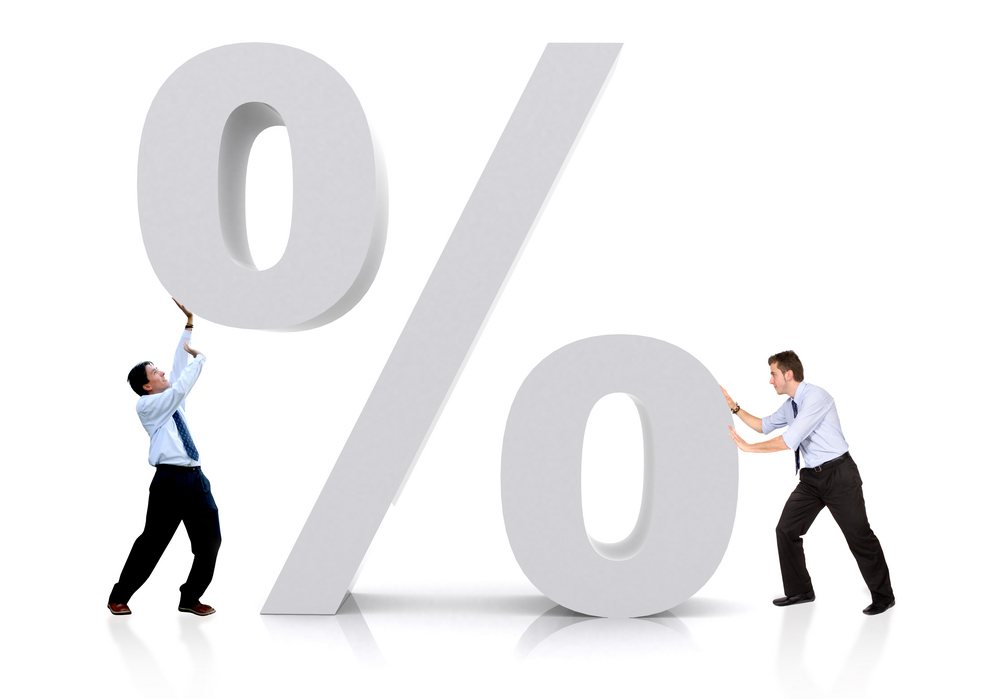Absa has been downgraded by credit ratings agency Fitch, however, this shouldn't affect the banks customers.
7 March 2016 · Jessica Anne Wood

Absa has been downgraded by credit ratings agency Fitch. In a statement released by Fitch on Friday, it said: “Fitch Ratings has downgraded Barclays Africa Group Limited (BAGL) and Absa Bank Limited's (Absa) foreign currency Long-term Issuer Default Ratings (IDR) to 'BBB-' from 'BBB' and the local currency Long-term IDRs to 'BBB-' from 'BBB+'.”
Paul Khweyane, trader at GT Private Broking, explained the role of a credit ratings agency. “Credit rating agencies provide an opinion on the ability of an entity to meet its financial commitments and this is done using different rankings. These rankings measure the credit risk of an institution and not predictive of a specific default or loss.”
In December 2015, Fitch downgraded three of South Africa’s big four banks to BBB- from BBB, meaning that Absa is now in line with Nedbank, First National Bank (FNB), and Standard Bank.
Khweyane elaborated: “This downgrade put’s Barclays Africa Group and ABSA bank in line with the other major banks in South Africa. First Rand, Nedbank and Standard Bank which were all downgraded on 11th of December 2015 from BBB to BBB- following the downgrade of South Africa’s sovereign rating to BBB-. Barclays Africa Group and ABSA Bank were downgraded to BBB & BBB+ on this day from a rating of A- as a result of South Africa’s ceiling being revised to BBB. The bank ranked higher than the other banks because of its institutional support from Barclays PLC. The downgrade was a result of the cap on South Africa’s Country Ceiling which reflected a transfer and convertibility risks associated with servicing foreign currency obligations.”
The downgrade
A Barclays Africa spokesperson revealed to Justmoney: “BAGL acknowledges the rating change announced by Fitch which brings our rating down one notch into line with other major South African banks, having previously been graded above them. This is an inevitable consequence of the announcement made by Barclays PLC last week and does not reflect any change in our financial standing and neither will it affect our funding. We remain a strong, well-capitalised and independently funded banking group, listed separately on the JSE.”
Khweyane highlighted that the recent downgrade of BAGL refers specifically to its foreign currency and local currency long-term debt.
“Foreign currency rating refers to the ability for the bank to meet its foreign currency denominated financial obligations. While local currency ratings refer to the ability for the bank to meet its financial obligations regardless of the currency those obligations are denominated in. Foreign currency ratings also look at the risk that a government may impose restrictions on the conversion of local currency into a foreign currency or transfer of foreign currency to residents and non-residents. Local currency ratings have no conversation or transfer restriction,” explained Khweyane.
Furthermore, Khweyane added: “The ratings fall within the same ranking definition which is that the bank has adequate capacity to meet its financial commitments. However, adverse economic conditions or changing circumstances would most likely lead to a weakened capacity for the bank to meet its obligations. This downgrade has put the bank just above BB+, which indicates an increased vulnerability to default risk in the event of adverse business or economic conditions. But business or financial flexibility exists which supports the servicing of its financial obligations.”
The lead up to the downgrade
Fitch highlighted that the downgrade follows the announcement by Barclays PLC that it will be selling its stake in BAGL. (Click here to read more)
“The downgrades reflect Fitch's view that there is a lower support propensity from Barclays for BAGL and Absa given the parent's intention to sell its controlling stake in BAGL (which fully owns South African domestic bank, Absa) and deconsolidate the subsidiary (from both an accounting and regulatory perspective) over two to three years,” explained Fitch.
The downgrade represents the financial strength of BAGL and Absa Bank and their respective standalone creditworthiness. Barclays PLC has a rating of A/Stable, which is significantly higher than the BBB- rating given to its two subsidiaries.
“Fitch does not exclude the possibility of Barclays providing support to BAGL and/or Absa in case of need while it maintains a meaningful ownership share and management control. However, we consider BAGL and Absa to be of limited strategic importance to Barclays and are unable to fully rely on any potential institutional support from the parent for the subsidiaries' ratings,” added Fitch.
“This downgrade doesn’t have any material impact on ABSA and its business because the business still has a solid management team and remains well funded. ABSA customers don’t have to worry about their deposits with over R1 trillion on the banks’ balance sheet, clients deposits are safe. The regulatory environment has also significantly changed over the last few years, creating fire walls to ensure that depositors’ funds are safe. Regulators do regular stress tests to ensure that banks can handle any kind of economic crisis, these tests ensure that a bank is well funded to ensure that it can handle an adverse economic environment,” added Khweyane.
Free tool

info@justmoney.co.za
4th Floor, Mutual Park, Jan Smuts Drive,
Pinelands, Cape Town, 7405
© Copyright 2009 - 2025 · Powered by NCRCB29
Terms & Conditions
·
Privacy Policy
·
PAIA Manual
View your total debt balance and accounts, get a free debt assessment, apply for a personal loan, and receive unlimited access to a coach – all for FREE with JustMoney.